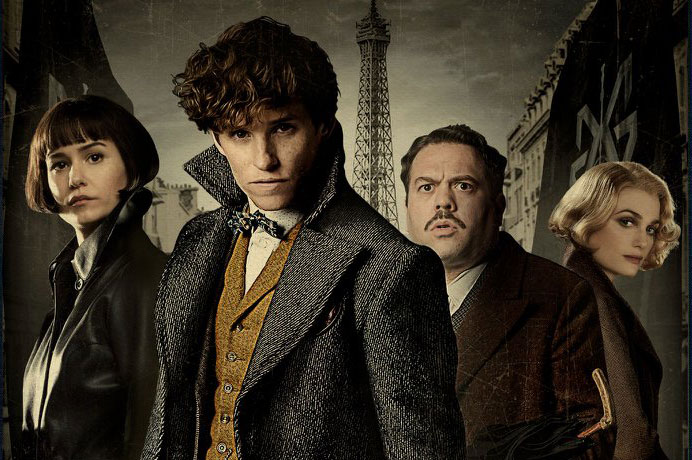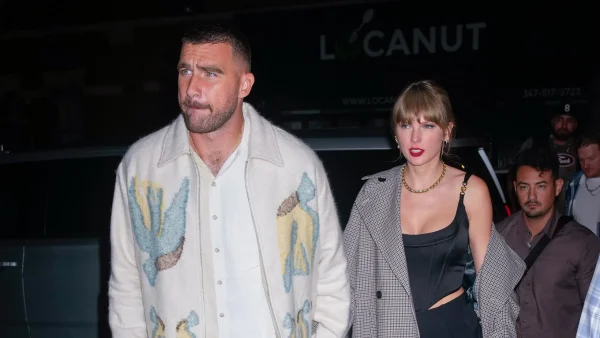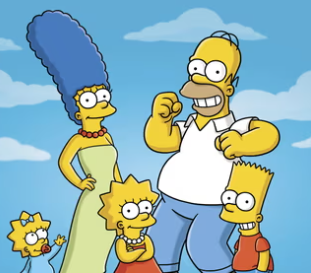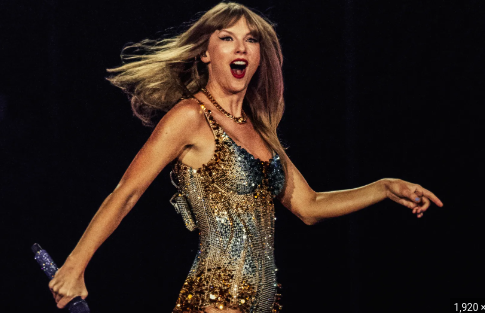The Crimes of Grindelwald: No Longer Original
J.K. Rowling is most known for her world-famous Harry Potter series, but recently she has been a producer and writer for a new magical saga, the Fantastic Beasts movie series. The first film in the series, Fantastic Beasts and Where to Find Them, follows animal-lover Newt Scamander as he stops in New York after a global excursion to map out magical creatures from around the world. Its sequel, called The Crimes of Grindelwald, recently hit the big scenes and focuses on the life, wickedness, and rise to power of Gellert Grindelwald, as well as including the adventures of Newt Scamander, Albus Dumbledore, and other characters from the original Fantastic Beasts movie.
This movie has a tremendous amount of good qualities: Eddie Redmayne as Newt Scamander is as charming as ever, the new beasts are as intricate as ever, character relationships are as complex as ever, and the soundtrack is as beautiful as ever. But, as hard as it is to criticize the works of J.K. Rowling, something wasn’t right about the writing of this film.
When the original movie in this series first came out, what struck audiences was how different it was from Rowling’s famed Harry Potter series. Instead of focusing on some great conflict, it emphasized the magical world that watchers had grown to know and love. Fans learned more about other magical schools, magic in America, and, as the title suggests, the many magical beasts that were never introduced in the Harry Potter series.
But The Crimes of Grindelwald was the opposite. It all revolved around Grindelwald and, unlike its prequel, only focused on the power of magic intended for evil. This sequel movie lost all the characteristics that made its prequel special. Instead of being a part of the Fantastic Beasts series, The Crimes of Grindelwald felt like it belonged to the Harry Potter series with its dramatic battle scenes, big, pale villain, and inexperienced, thrown-into-battle hero. This movie didn’t match the culture that its predecessor set up for the series, and simply did not feel original anymore.
Besides the main plot, Rowling wrote in many details, or in some cases, characters, that felt inconsequential and unnecessary. One of them being the character of Nagini, a young girl who is close with Credence, a character who both Newt and Grindelwald are trying to locate throughout the film, and helps him discover his past. Nagini is a Maledictus, or, according to Pottermore, a “carrier of a blood curse which will ultimately destine them to transform permanently into a beast.” Knowledgeable Harry Potter fans will be quick to recognize her as Voldemort’s pet snake and Horcrux. But Nagini is introduced into this movie as a human, and besides transforming into a snake once or twice, does nothing to advance the plot except stand in the background.
As well as Nagini, character Leta Lestrange is also introduced. Leta is the childhood friend of Newt and is engaged to his Auror brother, Theseus. Besides being a potential love interest for Newt and a provider of information on Credence’s family, Leta does little to nothing to advance the plot of the story. The most interesting thing about her is simply that she is one of the ancestors of Bellatrix Lestrange and the Malfoy family from the Harry Potter series.
And other than Leta and Nagini, this film lacked a large amount of character development. Newt is still awkward, Grindelwald is still despicable, Credence is still evasive, and Queenie and Jacob are still quirky. Besides new dynamics with some new introduced characters, no one changes. And for the fact that Newt Scamander is supposed to be the main character of the series, he sure doesn’t spend a lot of time on camera.
Not to say that this isn’t an enjoyable film; it is entertaining and doesn’t fail to transport its watchers to the enchanted world of Rowling’s imagination. But in order for this new magical series to succeed as its own unique work, it either needs to revert to its original roots or move in a completely different direction.














